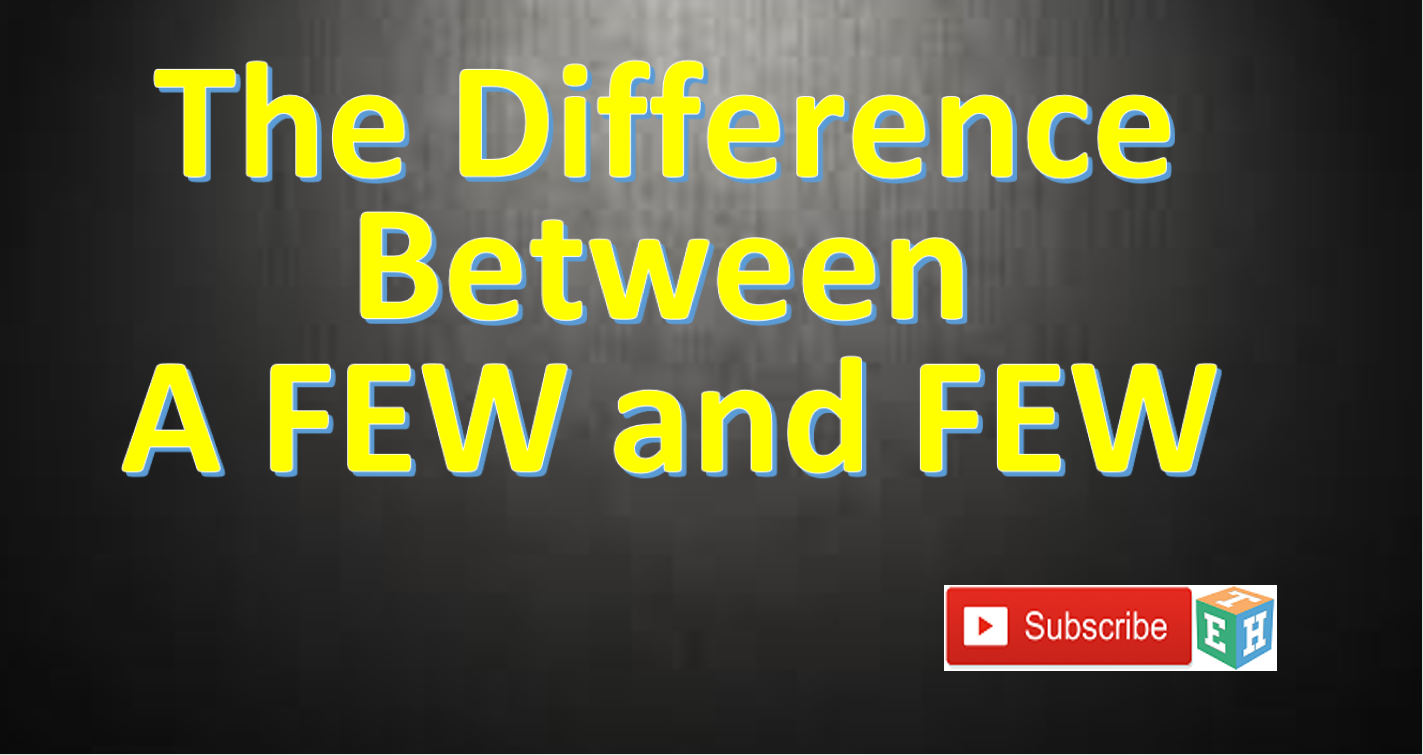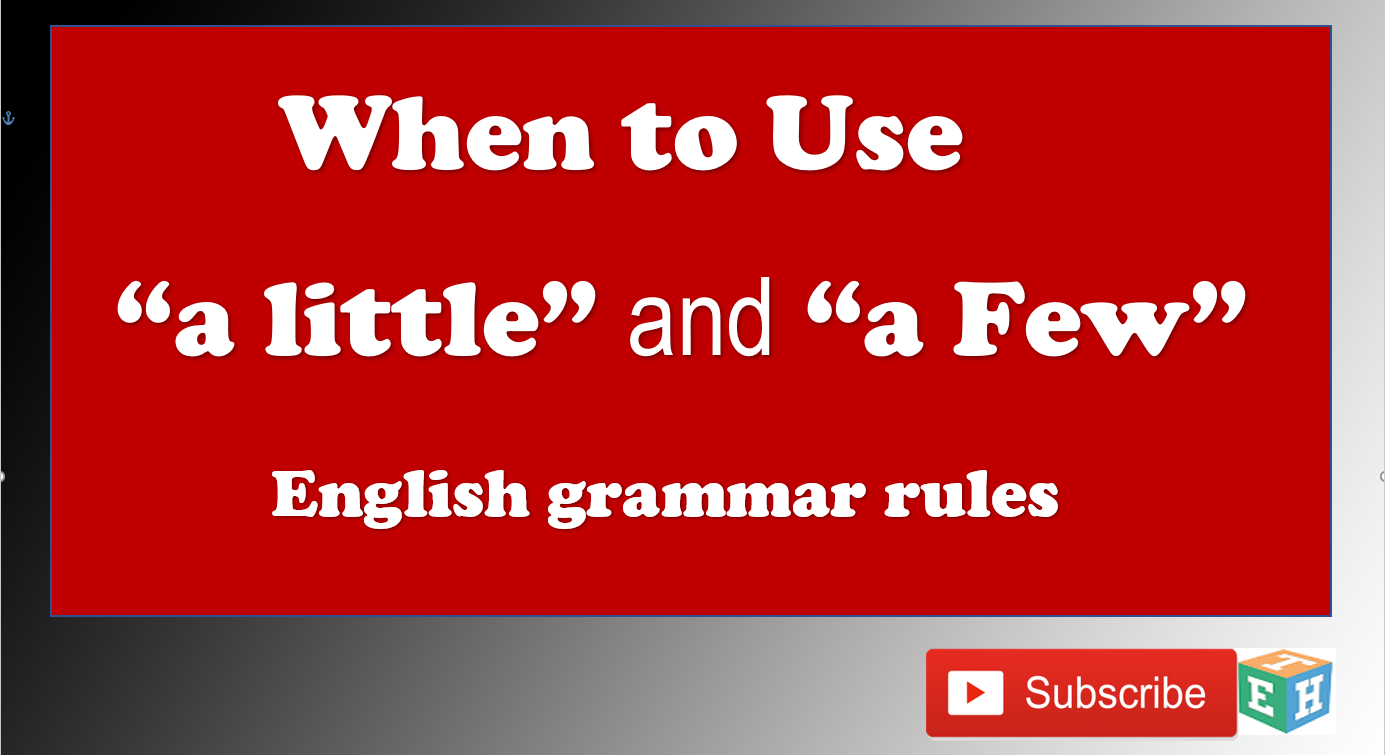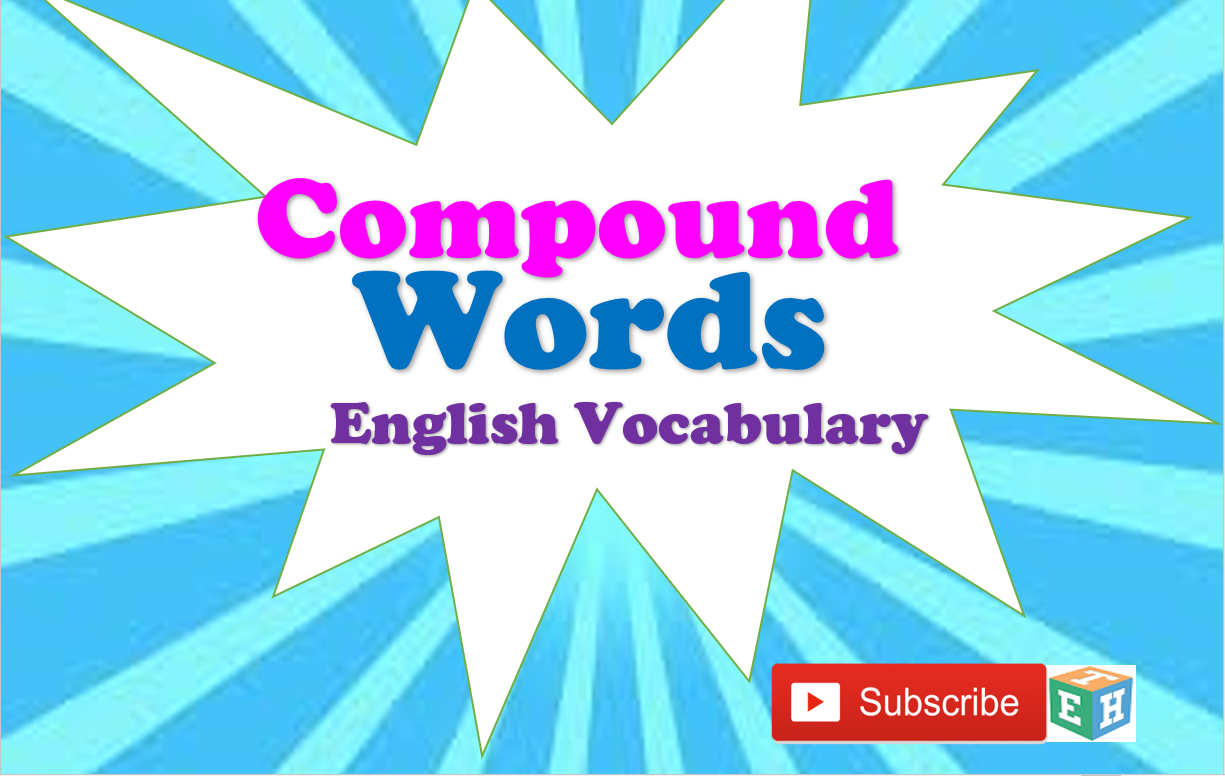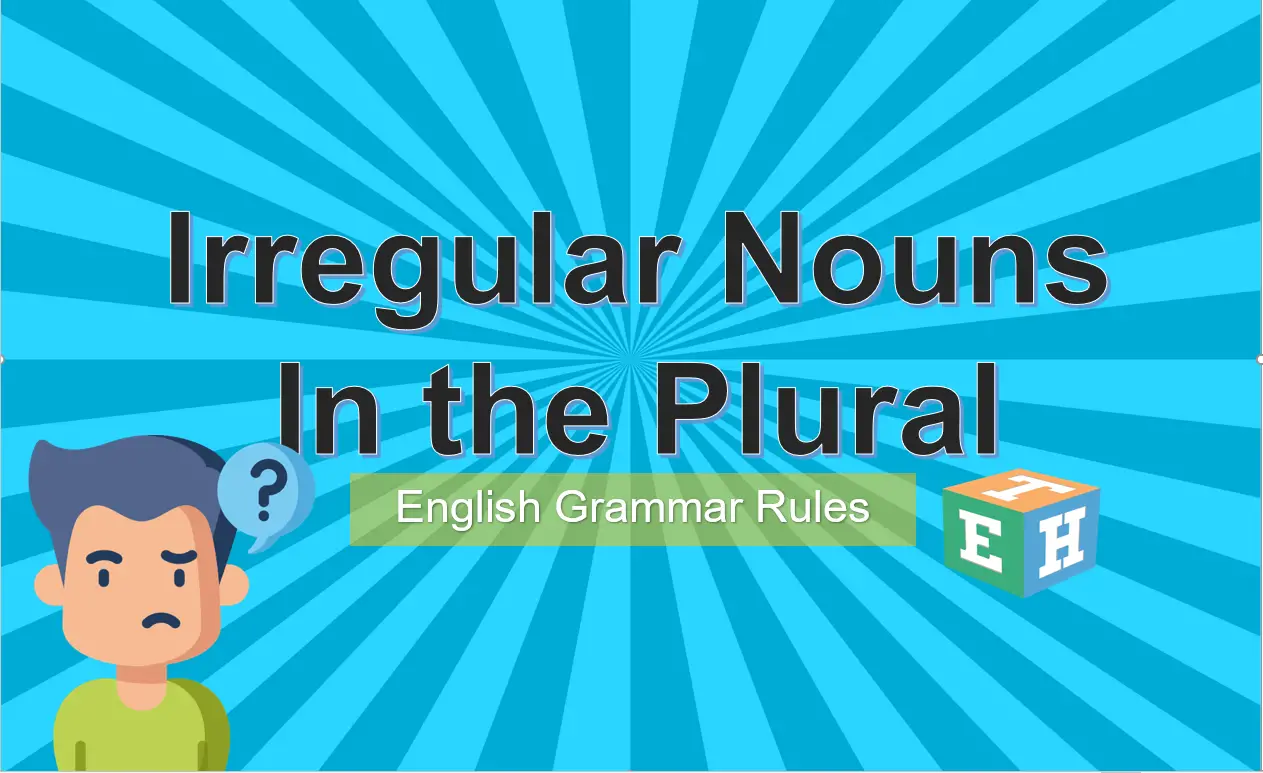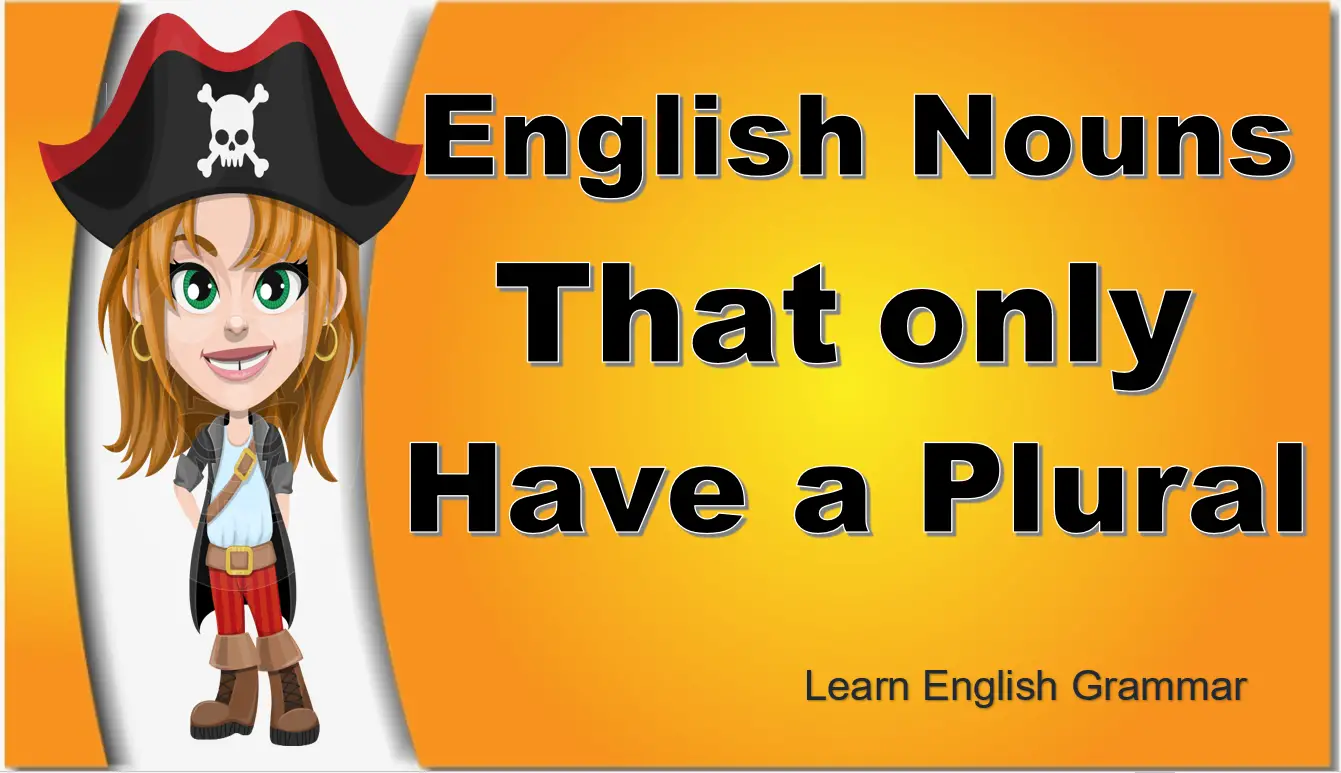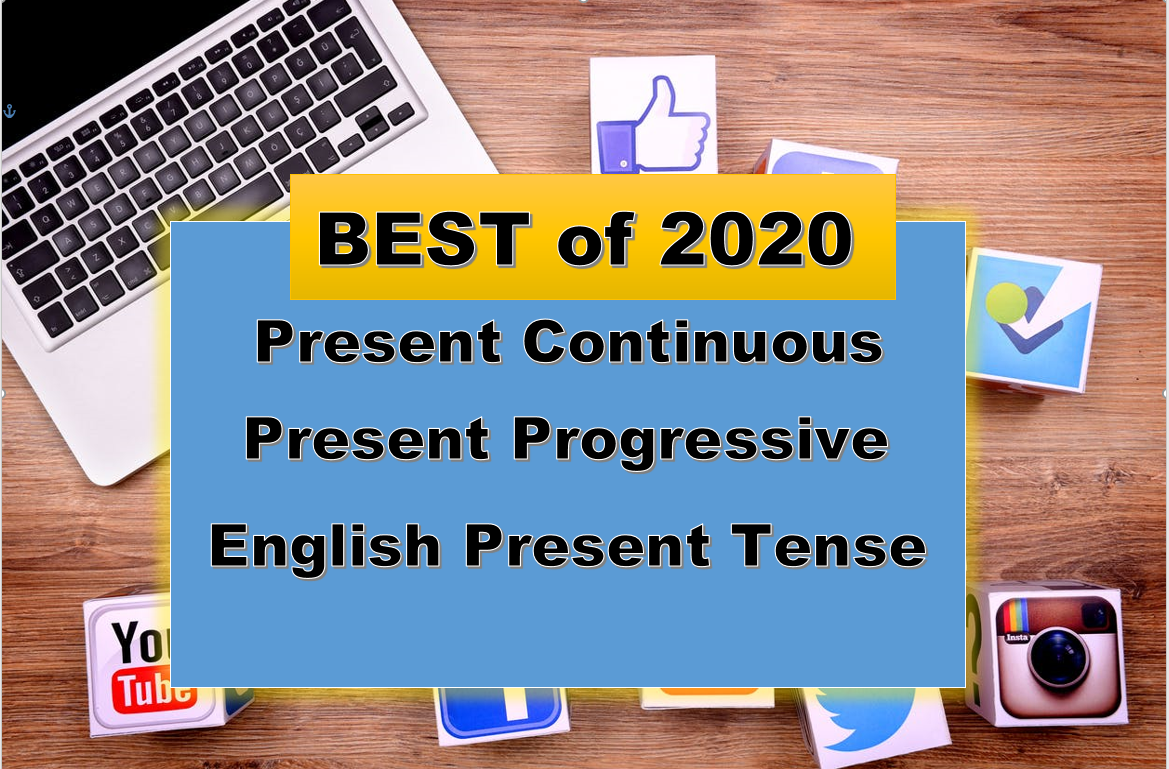The Difference between A FEW and FEW in English
The Difference between A FEW and FEW in English In this full tutorial for beginners’ learners are going to learn the difference between A Few and Few in English. A Few and Few are quantifiers used with plural countable nouns. Quantifiers describe the number or quantity of something. Before we proceed, watch the video here. The … Read more

